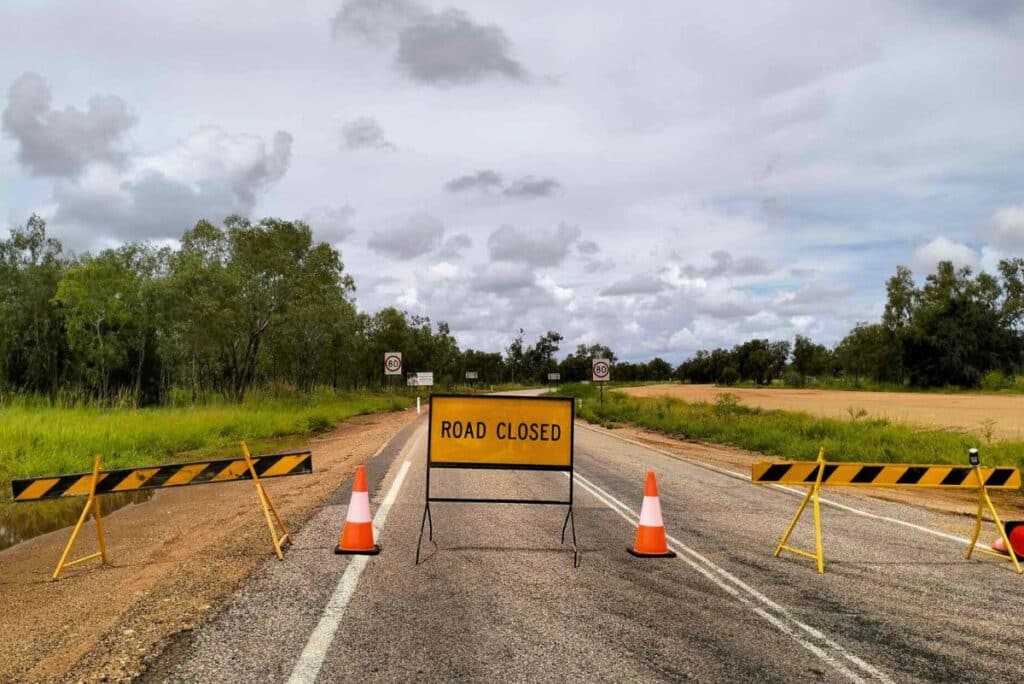West Australian’s may need to get used to the sight of bare shelves in supermarkets, as climate change increasingly disrupts Australia’s interstate freight networks – that’s the message from the state’s peak transport body, Western Roads Federation (WRF).
As a constant list of weather events continues to cause disruptions, WRF has been pushing for a national action plan.
The recent three-week disruption to the Trans-Australian Railway is one of many examples of Australia’s increasingly climate vulnerable and unreliable interstate freight networks.
The Trans-Australian Railway only re-opened over the Easter weekend, following a three-week closure, caused as a result of major flooding in the Goldfields. But major supply shortages meant many supermarket shelves were bare.
This closure came after the region received more than six months worth of rain in just 24 hours earlier in March.
At the same time, the Eyre Highway was also forced to close for two days.
These closures affected the Perth to Adelaide route, which is normally 2700km. With detours in place, truckies were forced to travel 6300km instead.
This same route was also impacted in February when bushfires closed the Eyre Highway.
Truckies travelling Perth to Darwin have had to endure multiple closures due to flooding in the Northern Territory too. And of course, there was the January 2023 flooding that destroyed the Fitzroy Crossing bridge – with a new bridge open about 12 months later.
WRF says that despite two federal parliamentary inquiries, there is still no sign of any national action plan, and so it has developed what it’s called “a 19-point pragmatic and realistically achievable plan.”
This plan was presented last Thursday to representatives of several key national and state government agencies. The 19-point plan is grouped under three key themes, plus some general practical improvements:
- Need for National Leadership and Co-ordination.
- Focus on a Freight System solution.
- Targeted infrastructure investment.
“The terminology of the groupings may sound grandiose but the recommendations under each are pragmatic, multimodal, and most importantly realistically deliverable,” said WRF CEO Cam Dumesny.
“The climate is changing and so must our freight system.”


